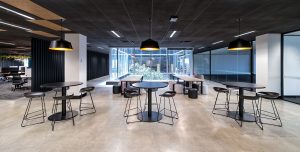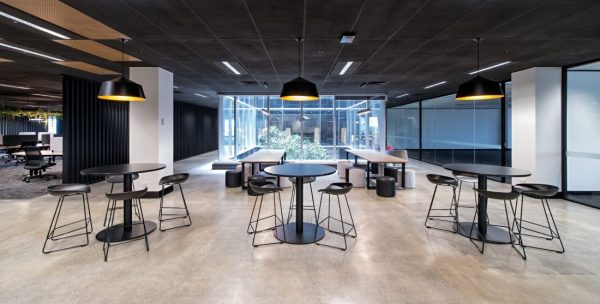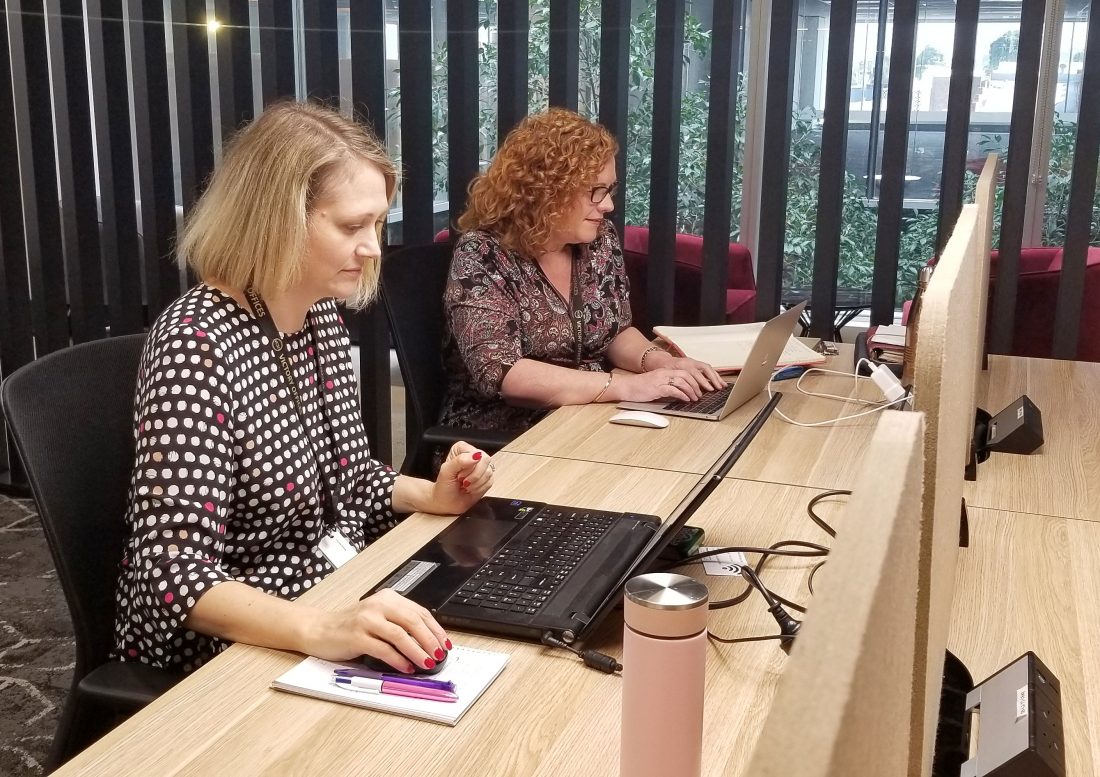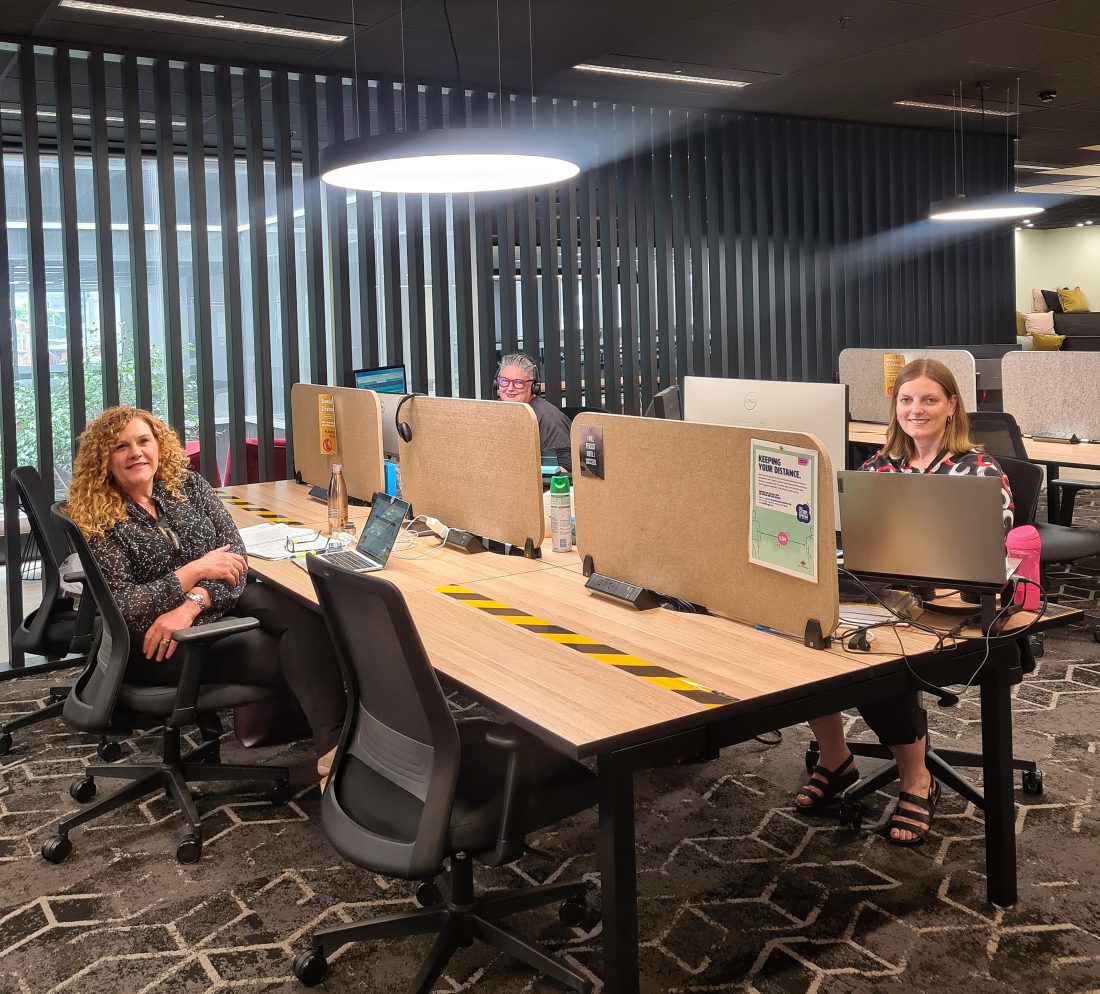
We are in the midst of an astronomical transformation in how we work. It is very unlikely we will not return to our previous ‘normal’ as the mindset has shifted to work being something you do, rather than somewhere you go. The coronavirus pandemic has accelerated long-awaited workplace trends that would have taken years to reach mass adoption. In just three months, remote work has jumped a decade forward. This rapid change in such a short period is the beginning of our future – the ‘liquid workforce’.
What is ‘Liquid Workforce’
The ‘liquid workforce’ is where teams are organised and shaped in such a way that they can rapidly adapt and change depending on the environment they are in. At the core of this concept is enabling extreme flexibility, prioritising employee health and wellbeing, and embracing digital innovation. Large economic uncertainty experienced recently on a global scale has pressured businesses to adopt a high level of elasticity. With restrictions continually easing and tightening, the next normal will be to embrace radical shifts.
The Hybrid Work Model
The first step businesses must take to thrive in 2021 and beyond is to enable extreme flexibility through the hybrid work model. It is the preferred way of working with up to 60 per cent of Australian workers wanting to work remotely for two or three days per week. The hybrid work ecosystem establishes trust and autonomy between employers and employees and helps to support a more flexible and healthy work-life balance. The office will become a hub for collaboration, education, and innovation, as well as a melting pot for social interaction and team-building activities. It will also be ground zero for organisational culture and evoke a sense of pride and belonging. No longer will the traditional office be the place where you go to work every day, but instead it will be one of many tools to improve human experience and performance. The hybrid work model removes boundaries tied to the workplace and most importantly gives employees choice.
It is anticipated that commercial real estate landlords and flexible workspace providers will adapt their workspaces to provide a high level of comfort and become more collaborative than ever. Think, more breakout spaces, more scrum areas, more coworking spaces, and more easy-to-reserve meeting rooms.
People are any business’ number one investment
The second step executive leaders must take to reimagine the workplace is to relinquish traditional ways of thinking and adopt a human-centric approach. People are any business’ number one investment and addressing their needs and preferences is imperative to attracting top talent and retaining employee engagement. The more satisfied an employee is, the more willing they are to adapt and stay within the organisation. The health, wellness, and mental wellbeing of employees must be front of mind, especially as we come out of the crisis and shift towards a more dispersed and digitally connected workforce. Undoubtedly as remote work increases, there will be an upsurge in the desire for human connection, thus employers must work alongside their employees to accommodate these needs. By making individual health and wellbeing a crucial priority and seeking opportunities to improve it, businesses will come out more profitable and productive
Digital-first approach
The third and final step to a successful liquid workforce is being digitally enabled. Workers need to have a digital-first approach. With AR/VR platforms, Internet of Things (IoT), virtual offices, digital collaborations, and digital talent on the rise, it is no surprise that businesses with innovative tech systems and resources will gain a competitive advantage. The shift towards a dispersed workforce will see the working world of 2025 requiring a liquid footprint and technology will be a huge factor in enabling this. During pre-COVID-19 times, work was a physical location and workers were supported by the cloud. Now, as we move towards a worker-centric world, work will be anywhere and at any time, and the cloud will be heavily relied upon.
Worker-centric World
Reimagining the path towards a new way of working will take responsiveness, agility, and resilience. COVID-19 hastened workplace trends at a remarkable rate and has made businesses realise the significance of responding and adapting to new and changing information. Businesses must activate the liquid workforce to thrive in today’s fast-paced digital environment and provide flexibility and choice through the hybrid work model. Technology will be a main enabler of the worker-centric world and those that have it will pave the way of the future. The dispersed, digitally enabled, liquid workforce will consist of employers prioritising employee health and wellbeing and satisfying employee preferences and social concerns. The ability to continuously adapt to new and changing conditions will be essential for business success and sustainability.
For more information contact Victory Co-Working Space Offices.





